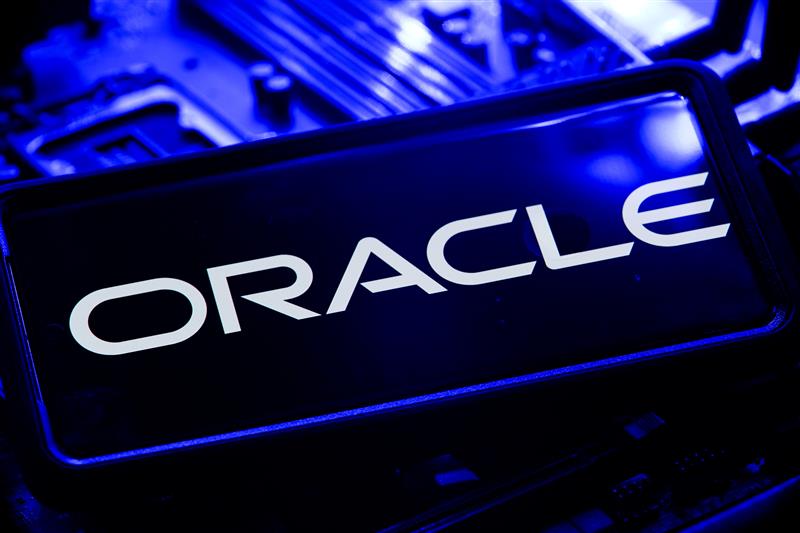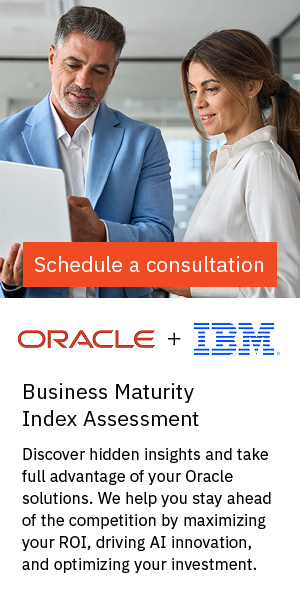Defence Holdings PLC, the UK’s first software-led defense company, has announced a strategic collaboration with Oracle to deliver sovereign AI solutions for global defense and national security customers. The new framework will see Defence Technologies, a joint venture between Defence Holdings and Whitespace, integrate its AI applications with Oracle Cloud Infrastructure (OCI), combining hyperscale performance with national-sovereignty controls. The partnership aims to give allied nations access to secure, scalable, and cost-efficient AI capabilities while maintaining data integrity across highly regulated environments.
Delivering Sovereign AI at Scale
The collaboration marks a significant milestone in Oracle’s growing Defense Ecosystem initiative, designed to accelerate digital transformation across national-security organizations. By deploying its applications on OCI’s distributed cloud, Defence Technologies will be able to serve defense agencies that require on-premises sovereignty without sacrificing agility or performance. The affected applications include Oracle Roving Edge Infrastructure, Oracle Compute Cloud@Customer Isolated, and Oracle Exadata Cloud@Customer.
Andy McCartney, Chief Technology Officer at Defence Holdings, said the partnership underscores the company’s mission to align hyperscale cloud capabilities with sovereign AI systems. “Our strategy is clear: take the world’s most trusted hyperscale platforms and build sovereign AI products directly on top of them,” he said. “This collaboration demonstrates how we can align scale, operating systems, and sovereign applications to deliver capability throughout the UK, NATO, and allied nations.”
Jason Rees, Senior Vice President of Technology Engineering at Oracle EMEA, emphasized that Oracle’s distributed cloud model is designed for mission-critical defense workloads. “Through our newly launched Defense Ecosystem, we are creating an environment where sovereign innovation can scale,” he explained.
The partnership positions Oracle and Defence Technologies at the heart of a new generation of sovereign AI solutions designed to meet stringent security, compliance, and interoperability requirements. For defense ministries and intelligence organizations, this means access to scalable AI models and applications capable of supporting everything from logistics forecasting to threat detection.
What This Means for ERPinsiders
Sovereign cloud architectures redefine how defense organizations modernize ERP systems. The framework’s emphasis on hybrid and multi-domain operations ensures flexibility for customers who must operate across classified, tactical, and edge environments. By leveraging OCI’s ability to run identical cloud services across both public and private environments, defense agencies can modernize their technology stacks while maintaining complete control over sensitive data.
Cloud-enabled agility transforms national-security operations. This collaboration shows how distributed cloud architectures are enabling defense organizations to unify data from ERP, logistics, and intelligence systems into a single operational view. Similar hybrid strategies are emerging across sectors like energy and aerospace, driving measurable gains in responsiveness and cost efficiency.
Procurement strategies must prioritize sovereignty and scale. For executives evaluating technology providers, the takeaway is clear: focus on platforms that offer identical functionality across public and private clouds with built-in AI services. Early adopters of these architectures such as defense suppliers deploying OCI are already demonstrating faster rollouts and improved mission readiness.






